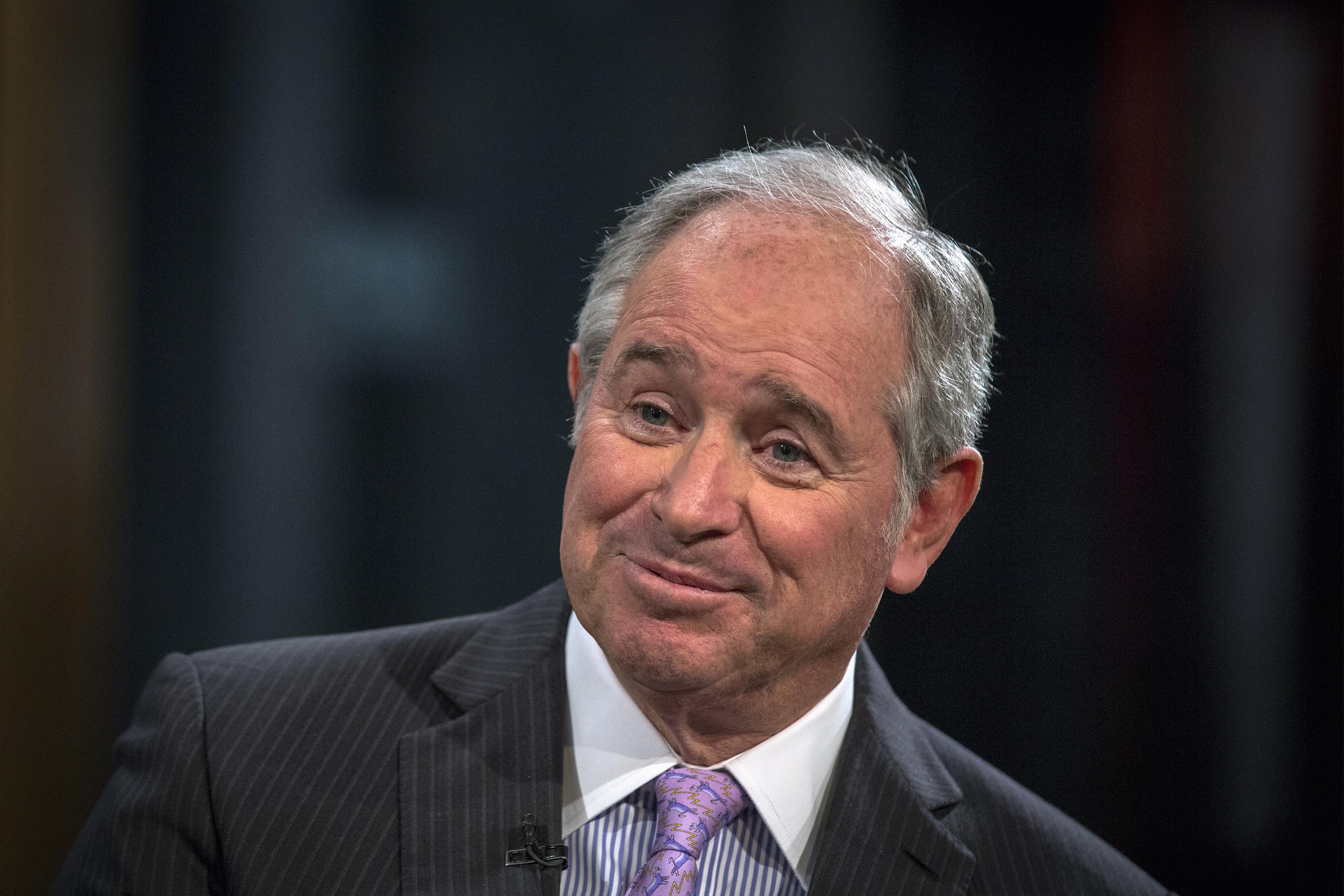Stephen Schwarzman, Yale graduate, billionaire co-founder of the Blackstone Group, and thrower of birthday parties, has donated $150 million to his alma mater for the creation of a student center. Should this sound like an absurd amount of money to give to the second-richest university in the world, you simply aren’t thinking big enough. The Schwarzman Center, per a Yale press release, will be “world-class” and “state-of-the-art.” It will transform Commons, Yale’s grand dining hall, into a tremendous complex for eating, mingling, performing, and pontificating. “My hope is that the Schwarzman Center will serve as the crossroads for the campus, but also place Yale at the crossroads of the world,” Schwarzman says.
Presumably this gift is quite important to the powers that be at Yale. Planning for the Schwarzman Center, which is set to open in 2020, will begin almost immediately. Peter Salovey, Yale’s president, said in a campuswide email that the gift will be “transformational” in creating “for the first time, a center dedicated to cultural programming and student life at the center of the university.” As a relatively recent, not yet entirely out-of-touch Yale graduate, I’ll note that this is something of a stretch. Yale boasts many elite arts and performance centers (for starters, see: the Yale Repertory Theatre, the Yale School of Drama, the Off Broadway Theater, Woolsey Hall, Sprague Hall, the Center for British Art, and the University Art Gallery). In terms of student life, Yale’s entire housing system, which assigns incoming students to specific “residential colleges,” was designed to eliminate the need for a single campus student center. To paraphrase a 2013 op-ed in the student paper, the greatest obstacle to a student center was never lack of space or funding; it was lack of need.
But let’s forget Yale students and what they may or may not need. This gift really isn’t about students—it’s about Schwarzman. Despite the fortune and success he has wrung from life, or perhaps because of it, Schwarzman’s appetite for prestige and affirmation can still seem insatiable. For an extensive 2008 profile in the New Yorker, Schwarzman bragged that every fundraiser he had chaired or been honored at had set a new record. He has held positions on countless boards. He delights in putting his name on iconic buildings. As a high school student he applied, unsuccessfully, to Harvard, although Schwarzman says he later received a call from the former admissions dean, who admitted Harvard’s mistake in rejecting him.
All of this might help explain why Schwarzman has been on a decadeslong quest to inscribe his name upon the walls of Yale. In the late 1990s, Schwarzman made a similar proposal to the university—naming the Commons dining hall in his honor—in exchange for a $17 million gift. But when it came out that Schwarzman was proposing not a straightforward donation but a contribution to a Blackstone investment partner on Yale’s behalf—which meant that the investment, when liquidated, could be worth far more or far less than $17 million—the deal fell through. As the New Yorker put it, “Yale balked at trading a significant naming opportunity for what it considered a speculative commitment.”
Fast-forward to 2015, though, and Schwarzman is back. The size of his promise has increased nearly tenfold, and the raw figure is second only to a $250 million gift from billionaire financier Charles Johnson in September 2013. Assuming all goes smoothly, Schwarzman within five years will have his name forever enshrined in Yale’s halls, and Yale will get a new student center that it doesn’t need. Certainly, there are much better uses for $150 million—at Yale or, preferably, just about anywhere else. But those uses would not suit Stephen Schwarzman, an ultra-rich man, a man once spurned by Harvard, a man on a lifelong quest to achieve immortality through money. Of course he hopes the Schwarzman Center will place Yale “at the crossroads of the world.” Because then, maybe, finally, Stephen Schwarzman will be at those global crossroads as well.
